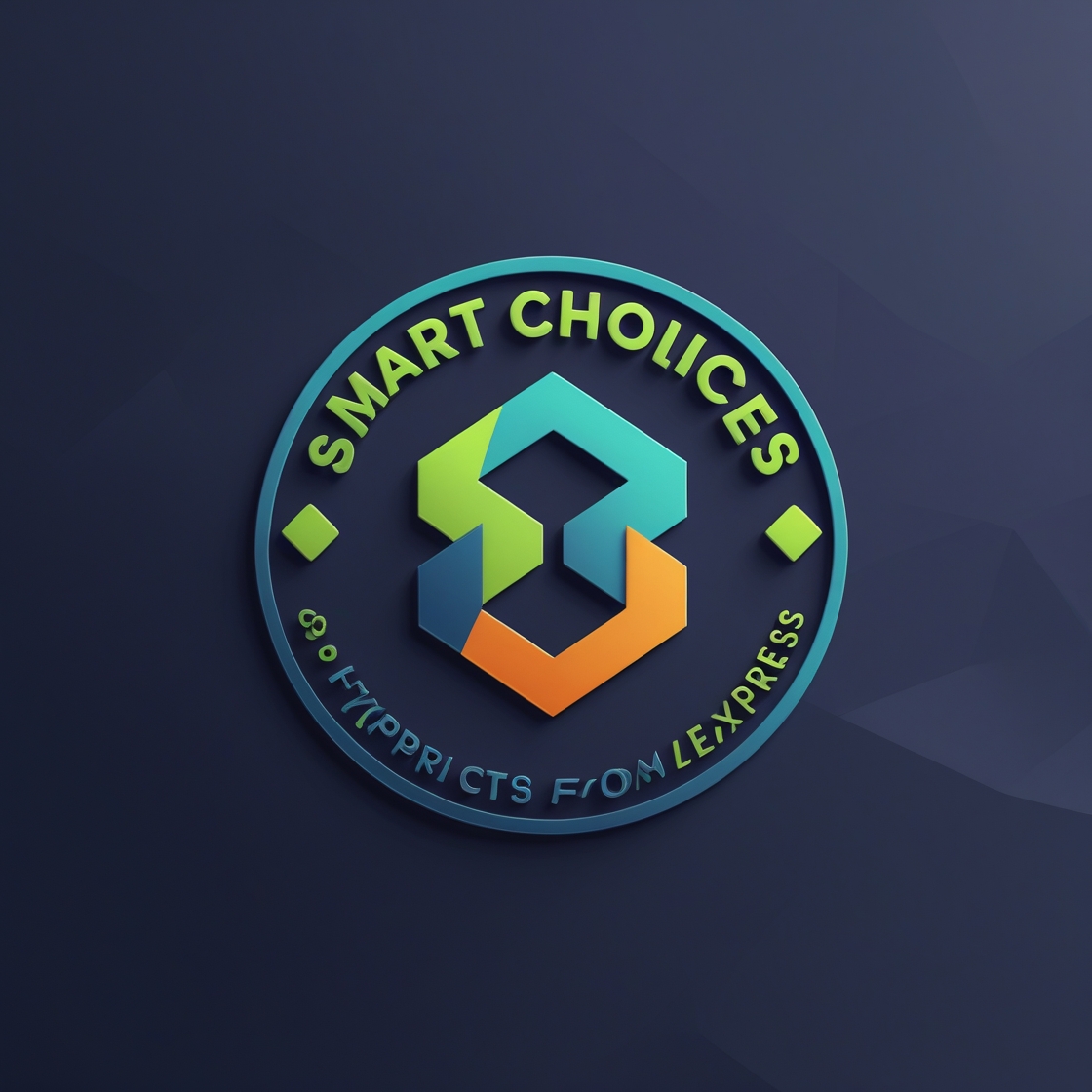Exploring Science Beyond the Human Brain
Introduction
Science, at its core, is a systematic method for understanding the universe: observing phenomena, formulating hypotheses, conducting experiments, and refining theories. It is both a body of knowledge and a dynamic process — one shaped by human cognition, language, and cultural context. But what if our foundational assumptions about reality are constrained by the limits of the human brain? Could an intelligence far more advanced—perhaps residing on a distant world light-years away—perceive science and reality in fundamentally different ways?
The Human Lens of Science
Our scientific enterprise arises from human sensory and cognitive capacities:
- Sensory Input: We rely primarily on sight, hearing, touch, taste, and smell, extended by instruments like telescopes, microscopes, and particle detectors. These tools amplify our senses but remain rooted in human-designed interfaces.
- Cognitive Frameworks: Our brains excel at pattern recognition, abstraction, and symbolic reasoning. Mathematics, logic, and language are human-constructed languages that allow us to formalize observations and communicate ideas.
- Cultural and Historical Context: Scientific paradigms evolve over centuries, influenced by historical events, prevailing philosophies, and technological advances. Concepts such as “force,” “energy,” or “information” carry meanings shaped by human experience.
Together, these factors frame the way we define natural laws, interpret data, and build models of reality.
Beyond the Human Paradigm
Imagine an extraterrestrial intellect whose neurobiology—and perhaps its very conception of consciousness—differs radically from ours:
- Alternative Sensory Modalities: An advanced species might perceive dimensions of reality that humans cannot directly detect. They could sense electromagnetic fields, quantum states, or spacetime curvature as naturally and richly as we see color. Their “raw data” for science would be multidimensional, continuous, and perhaps non-linear in ways we struggle to replicate.
- Enhanced Information Processing: If their neural architecture operates at vastly higher bandwidth or parallelism, they could process far more information simultaneously. Complex systems—like turbulent fluids or neural networks—might appear to them as simple, directly comprehensible patterns, rather than probabilistic models requiring extensive computation.
- Different Mathematical Foundations: Humans have developed Euclidean geometry, real analysis, and classical probability to describe our observations. A more advanced civilization might employ entirely new mathematical constructs (e.g., hyperstructures, non-commutative topologies, or temporal logics) that better capture the behavior of phenomena beyond our current reach.
- Distinct Ontologies and Epistemologies: Our notion of “objectivity” is tied to reproducibility and intersubjective agreement among humans. An alien science might prioritize other criteria: direct experiential verification, networked consciousness consensus, or real-time adjustments of theoretical frameworks. Their scientific “truths” could be fluid, context-dependent, or inherently probabilistic in ways humans find counterintuitive.
Implications for Our Understanding
Exploring how an advanced mind might conceptualize reality has profound implications:
- Expanding Science’s Horizons: Recognizing our cognitive and sensory limitations encourages humility. We might seek to develop novel instruments or artificial intelligences that approximate non-human modes of perception, thus broadening the scope of scientific inquiry.
- Redefining Evidence: If an extraterrestrial science treats evidence as a multidimensional continuum rather than discrete measurements, we could reimagine data collection: designing experiments that capture richer datasets, exploring phenomena at scales—temporal, spatial, informational—previously ignored.
- Philosophical and Ethical Considerations: Different ontologies may lead to divergent values. What counts as responsible experimentation in one paradigm could be unethical in another. Understanding alternative frameworks could foster more inclusive, reflective practices within human science.
Conclusion
Science is our most powerful tool for deciphering the universe, yet it is intrinsically shaped by human biology, cognition, and culture. Envisioning a more advanced intelligence’s approach to science invites us to question our assumptions, explore new modes of observation, and develop frameworks that transcend the human condition. By embracing the possibility of radically different scientific paradigms, we not only enrich our own pursuit of knowledge but also prepare for the day we may encounter minds that perceive reality in ways we have scarcely imagined.
Join the Discussion on the Future of Science
Leave a Reply